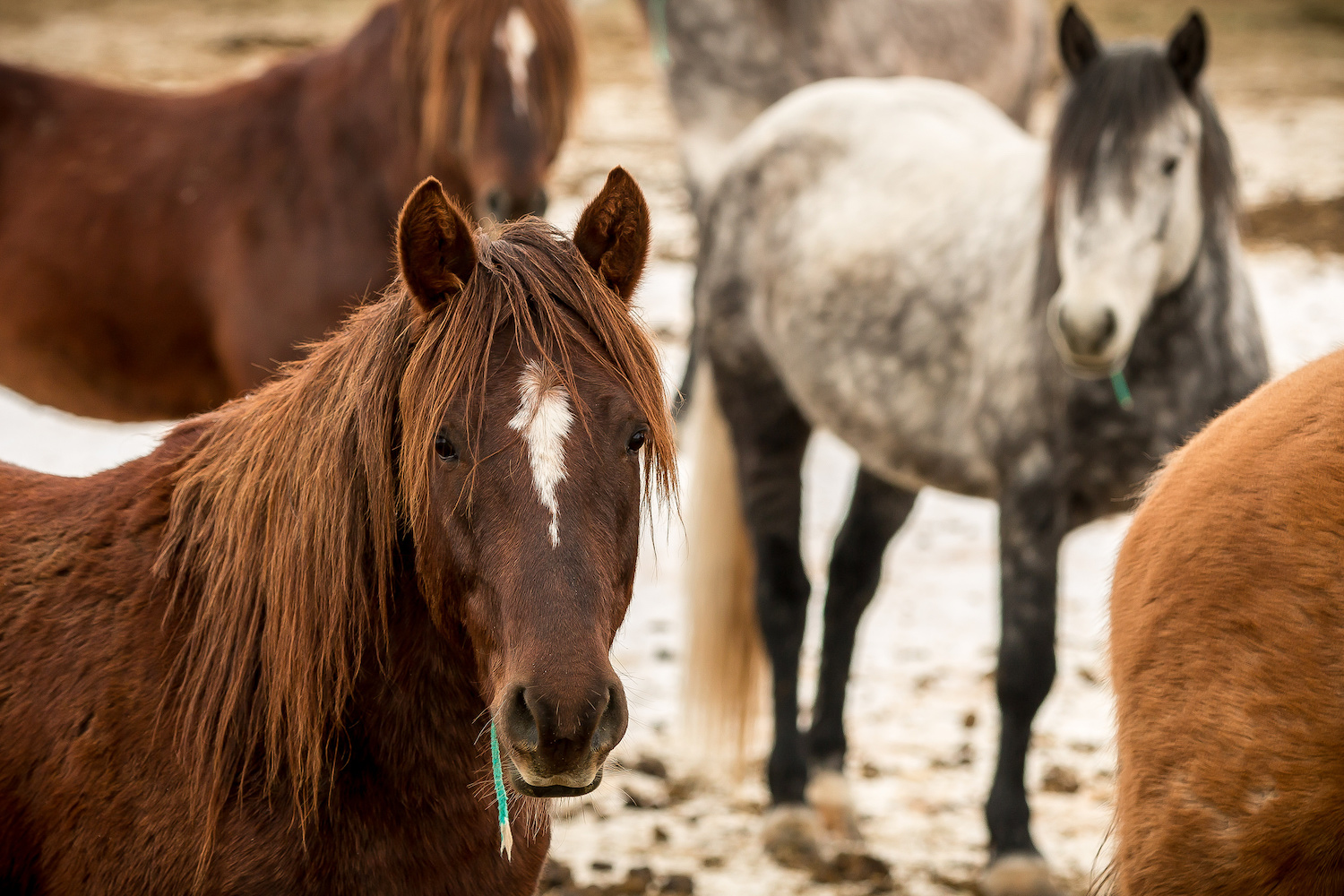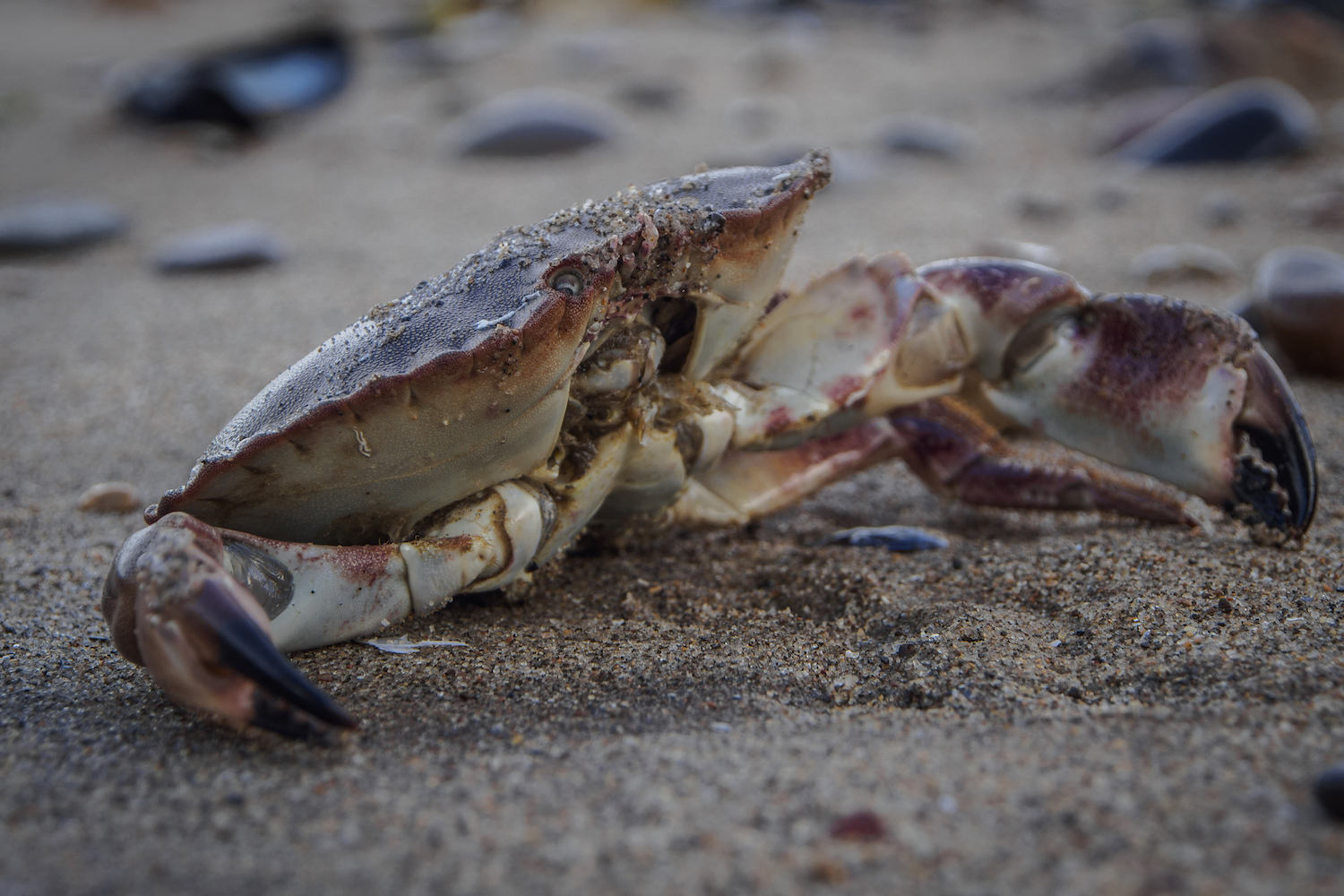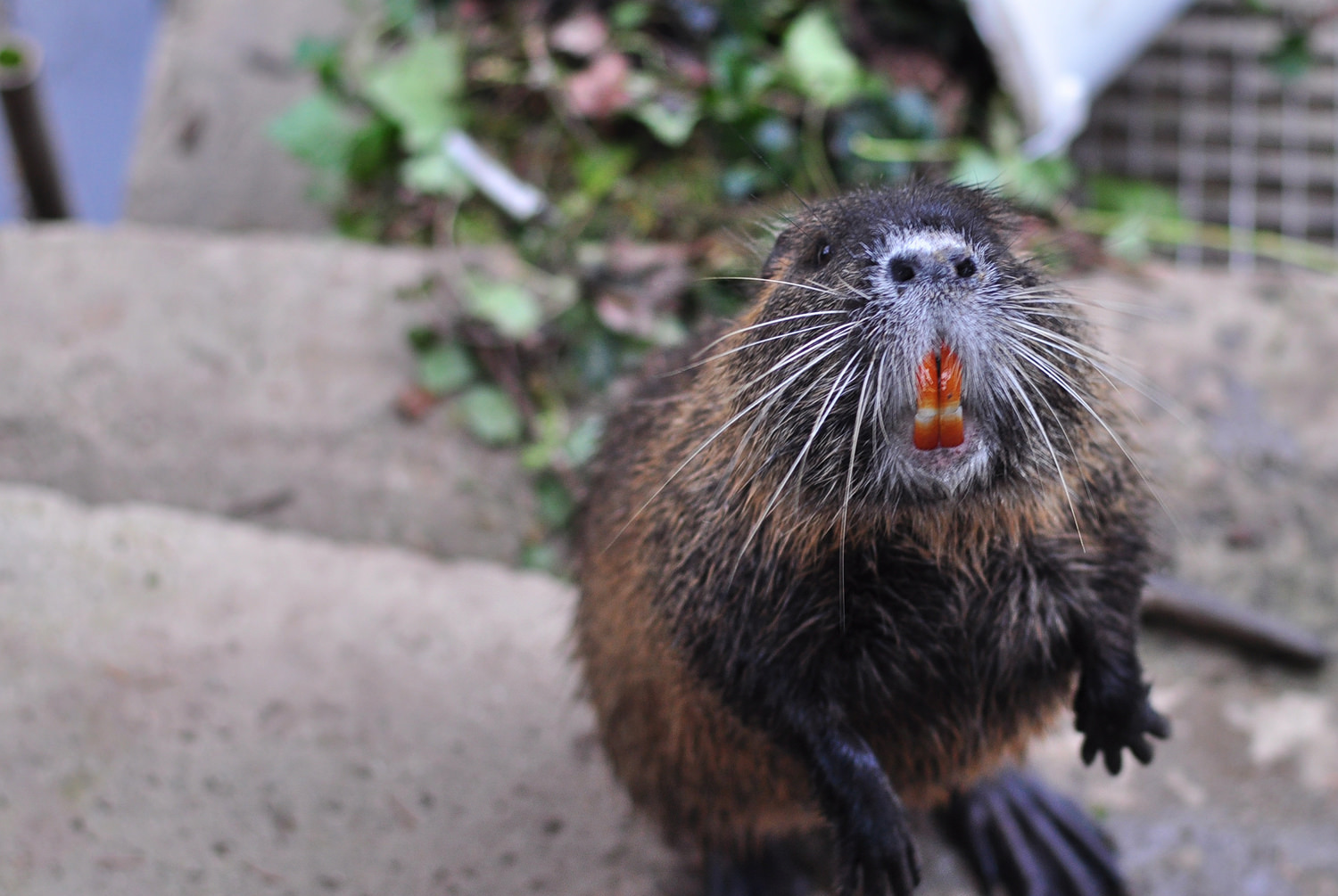This is the web version of a list we publish twice-weekly in our newsletter. It comprises the most noteworthy food stories of the moment, selected by our editors. Get it first here.
Peddling influence. Farmers seem like obvious supporters of progressive climate change policy: They see changes to crops and weather patterns firsthand, and the agriculture industry is more vulnerable than most other industries to the ravages of natural disasters. Why, then, was the Farm Bureau, a powerful lobbying group that represents farmers, “absolutely critical in derailing Kyoto,” the landmark emissions-setting treaty from which the U.S. ultimately withdrew? Inside Climate News has launched a new series investigating agriculture, climate change, and the Bureau’s influence. The first installment is here.
Deuce coupon. When the global recession hit near the end of 2007, Americans were plunged into a protracted period of economic uncertainty. To make ends meet, many turned to, among other strategies, extreme couponing. Now, even with the recession about a decade behind us, couponing is still very much of the moment. In fact, millennials—erroneously blamed for killing a host of time-honored American institutions, including mayonnaise and divorce—have embraced the practice, which itself has evolved alongside technology. In the age of social media influencers, entire communities of couponers are alive and well on Instagram, for example. And coupons and deals are no longer just clippable savings you can find in a grocery store supplement—they’re clickbait, too. Alyssa Bereznak has the story for The Ringer.
Saddle up. A county in Northern California may have found an unlikely ally in its battle to solve a problem unique to the natural world: too many wild horses roaming around in the national forest. The ally’s name is M166, and he’s a hungry mountain lion with a peculiar affinity for horses, reports The Los Angeles Times. As is often the case in issues around wildlife proliferation, the dominant opinions on how to manage the population tend to fall into a few camps. One, pro-lethal, two, pro-displacement, or three pro-let-wild-horses-roam. But in Modoc National Forest, another way emerges: Let M166, the only natural predator, have the final word on how many horses remain in the Modoc National Forest. Though, let’s be real: an influx of mountain lions isn’t necessarily better.










